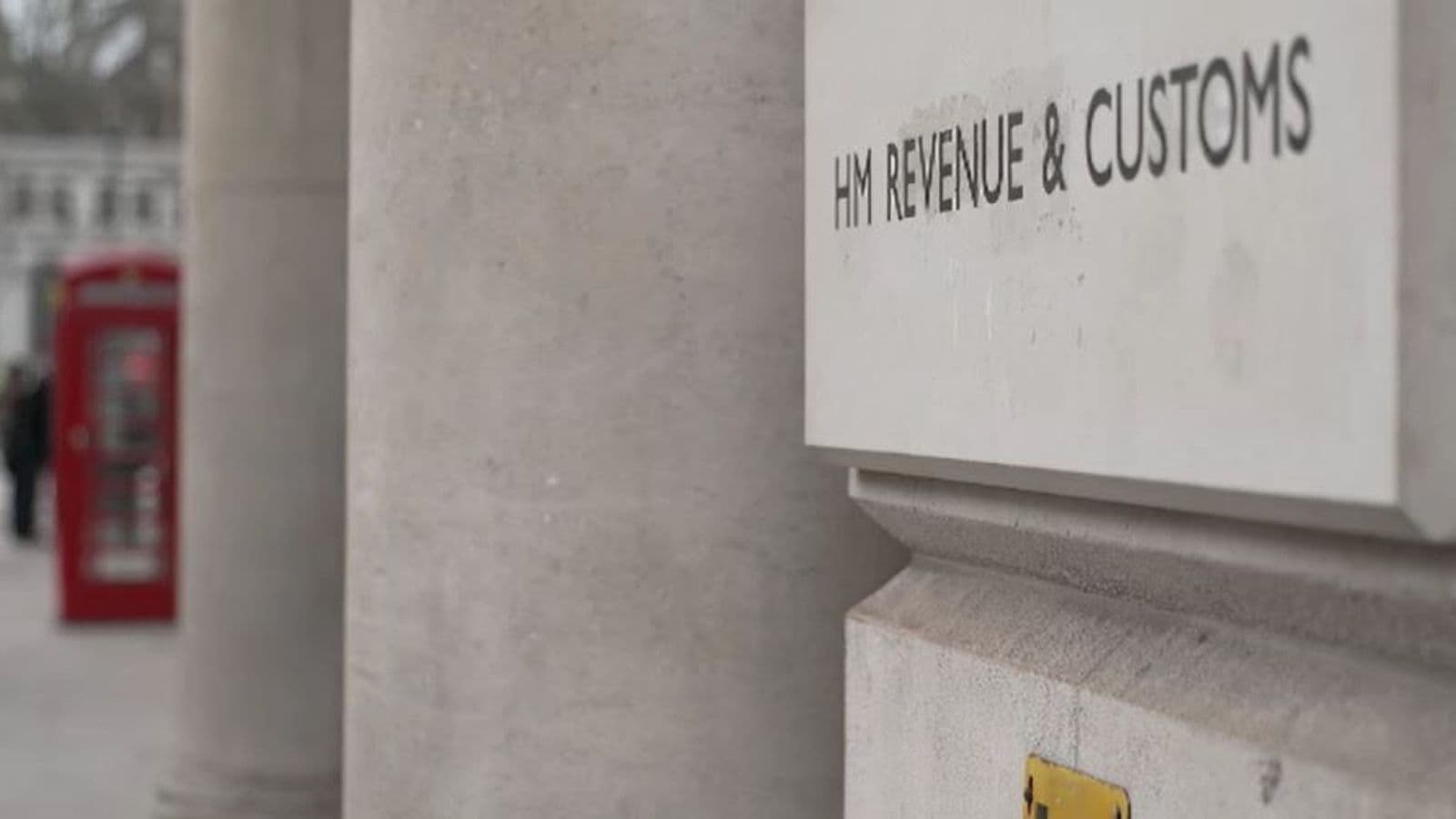New data released by HMRC shows that inheritance tax receipts for April and May rose 16.6% to £1.4bn compared to the same period last year.
HMRC says that sharp jump is due to a combination of rises in property values, higher volumes of wealth transfers following recent inheritance tax-liable deaths and the maintenance of the levy’s thresholds at 2020 and 2021 levels.
Estates valued above £325,000 must pay a standard inheritance tax levy of 40%, with around 4% of UK estates liable for the payment.
The Conservatives do not refer to the levy in its manifesto, although it was previously thought that the tax would be abolished ahead of the March Spring Budget.
Labour’s manifesto includes a pledge to end the use of offshore trusts as a tax break against inheritance tax, which would mostly affect non-dams.
Quilter Cheviot chartered financial planner Rosie Hooper says: “Frozen thresholds and inheritance tax policy has failed to keep up with inflation and therefore these figures will continue to increase.
“Sadly, neither Labour nor the Conservatives have committed to wholesale reform the UK’s inheritance tax landscape and change what is a creaking system badly in need of reform.
“Labour has in fact remained tight-lipped on potential future changes to inheritance tax and some reliefs might be on the chopping board if Labour wins.”
Evelyn Partners tax partner Laura Hayward adds: “Inheritance tax receipts seem to be booming in this tax year, and after just two months revenues are well on the way to a record total for the 2024/25 tax year.”
Hayward also highlights that the Office for Budget Responsibility forecasts that the share of deaths resulting in the payment of inheritance tax will rise to 6.3% by 2028–29, the highest level since the 1970s.
She adds: “The haul for the Treasury from inheritance tax is likely to escalate in the coming years due to a particular demographic bump.
“As the wealthy baby boomer generation dies off in the next couple of decades, there will be a massive transfer of wealth. Research shows that the older generations have as much as £2.6trn of equity tied up in their homes.”

